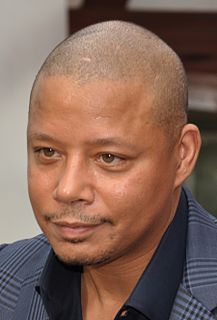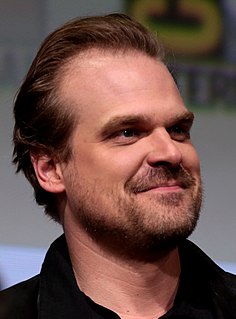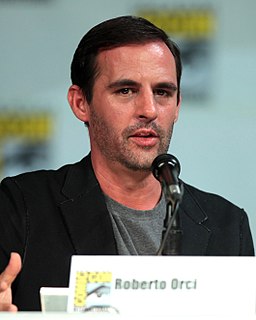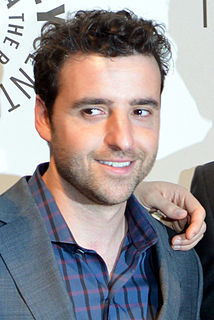A Quote by R. A. Salvatore
Only in very rare circumstances will you see something cut out of my first drafts. Maybe it's because of the way I write. I'm very focused on the logical progression of the story, and every character has a role to play.
Related Quotes
The distinction between East and West is that the Western novel is very organized, it's very logical, there's a logical progression, there's a chronological progression, and there's a safety in that. Whereas if you look at Japanese film, it is made up of collage or bricolage, it is made up of lists, and suddenly when you stand back from the lists you begin to see the pattern of a life.
I write very raw, ugly, illiterate first drafts very quickly (novels are always in first draft in under a year) and then I spend years and years fine-tuning, revising, editing, etc. What inspires me? Who knows. I am not inspired that much. That’s why I write long form fiction - I am not much of a short story writer. Ideas come seldom, but when a good one comes, I really stick to it and see it out. I’m a problem-solver - I've never thrown out an entire manuscript; I've always forced myself to repair it until it was a lovable thing again.
I write in spurts. I write when I have to because the pressure builds up and I feel enough confidence that something has matured in my head and I can write it down. But once something is really under way, I don't want to do anything else. I don't go out, much of the time I forget to eat, I sleep very little. It's a very undisciplined way of working and makes me not very prolific. But I'm too interested in many other things.
I always tell my students to write the story all the way through, not to play with the language and fall in love with sentences that you then have to cut. I actually find that really difficult to do; there's something so demoralizing about looking at a pile of not very great sentences. As I ease into writing every morning, I tweak a sentence and then tweak a paragraph.
I was lucky enough to date my first love for five years. We had a very romantic, very dramatic teenage love affair. And it has impacted me because I have married a man who is simply the grownup version of my first love. So, I believe my first love was just preparing me for the man I'm married to today. And it has also impacted the way I write, because there will always be a love story in every movie I write. Always! I think having a positive first love experience before the heartbreak made me a more confident in who I am, a more confident female today.
I'm sure in less than 10 years there will be several streaming services or whatever you want to call them that are dedicated to retro television, like rare retro television, and maybe we'll end up doing something with that. Maybe Gigi will find popularity there, because it was fun, it was kitschy and very stupid and very dirty. But it had heart. I hope people will watch it one day.


































